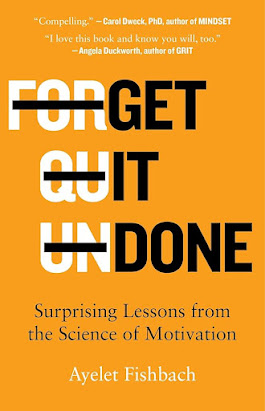Professor Pozzulo’s Pick (July, 2024)
Professor Pozzulo’s Pick (July, 2024)
The Good Life: Lessons from the World’s Longest Scientific Study of Happiness by Robert Waldinger, MD and Marc Schultz, Ph.D. (2023; published by Simon & Schuster)
My take:
Would you sign up for a study that would last your entire life? In, The Good Life: Lessons from the World’s Longest Scientific Study of Happiness by Robert Waldinger, MD and Marc Schultz, Ph.D. (2023; published by Simon & Schuster), people did just that. Two generations are followed for over 80 years (with the study still going), known as the Harvard Study of Adult Development.
There were several great takeaways from this book. For starters, about 40% of one’s happiness is a product of one’s own actions and choices. So, if you’re wanting to be happier, you have some control over it. Moreover, regardless of the stage in life you are at, change is possible for improved happiness and well-being.
Not only do the authors allow you to examine the lives lived of some of their participants, they also provide practical exercises to help you improve the quantity and quality of your relationships. And the reason why this is so important is that (spoiler) “good relationships keep us happier, healthier, and help us live longer”. Self-reflection and making changes seem to be the cornerstone for improved happiness. As the authors note, “the world we live in is the world we create”.
I found the book uplifting. As I was reading, The Good Life, I was taking notes feverously, in anticipation for writing my review. The challenge came when there was just so much good stuff to make notes on. Every line was a great line. So, I’ll sum up my review by saying, “read The Good Life for a greater understanding of emotional well-being and the changes you might want to make to increase your happiness and improve your well-being”.
Let me know what you think.




I'm thankful for participants sharing their lives with the researchers. This knowledge lets us better understand components of emotional well-being.
ReplyDeleteI am enjoying every word of this book. Lots of common sense but i needed the reminder. Amazing that this survey continues. I would have lover to be part of it! Think of the insights to who you are and what you are about! Thanks.
ReplyDeleteOops, meant “loved” in the above comment.
ReplyDeleteSo great to hear that you are enjoying this book! I'm amazed that so many of the participants stayed in the study and very thankful that they did. Excellent reminder that relationships matter to overall well-being.
DeleteI am enjoying the compassion shown by the authors. They witness suboptimal behavior and then dig deeper as to why the behavior might have developed and how to influence it. I also enjoyed the messages that change is always possible and that even one person can positively contribute to another person's well being.
ReplyDeleteI am a retiree and dealing with a great deal of loss with friends and family. My own lifestyle and health are good. I found many sound tips that will guide my support to others.
I appreciate the Community Book Club
I'm so glad that you are finding the book and club helpful! Supporting others can help our own well-being.
DeleteI thought "The Good Life" is an inspiring book about what really makes us happy and fulfilled; and it's really not that complicated. For me, reading "The Good Life" reminded me of a time when I reconnected with an old friend. We hadn't talked in years, but when we finally did, it felt like no time had passed. That conversation brought our friendship back to life and added a lot of joy and support to my life. It reminded me that these connections are priceless and worth taking care of.
ReplyDeleteThanks Eva. Relationships matter and it is never too late to reconnect.
DeleteGenerally speaking "The Good Life" was definitely deep diving into the secret of happiness. The survey was quite intense. The last page of the book "A Final Decision" summarized everything.
ReplyDelete